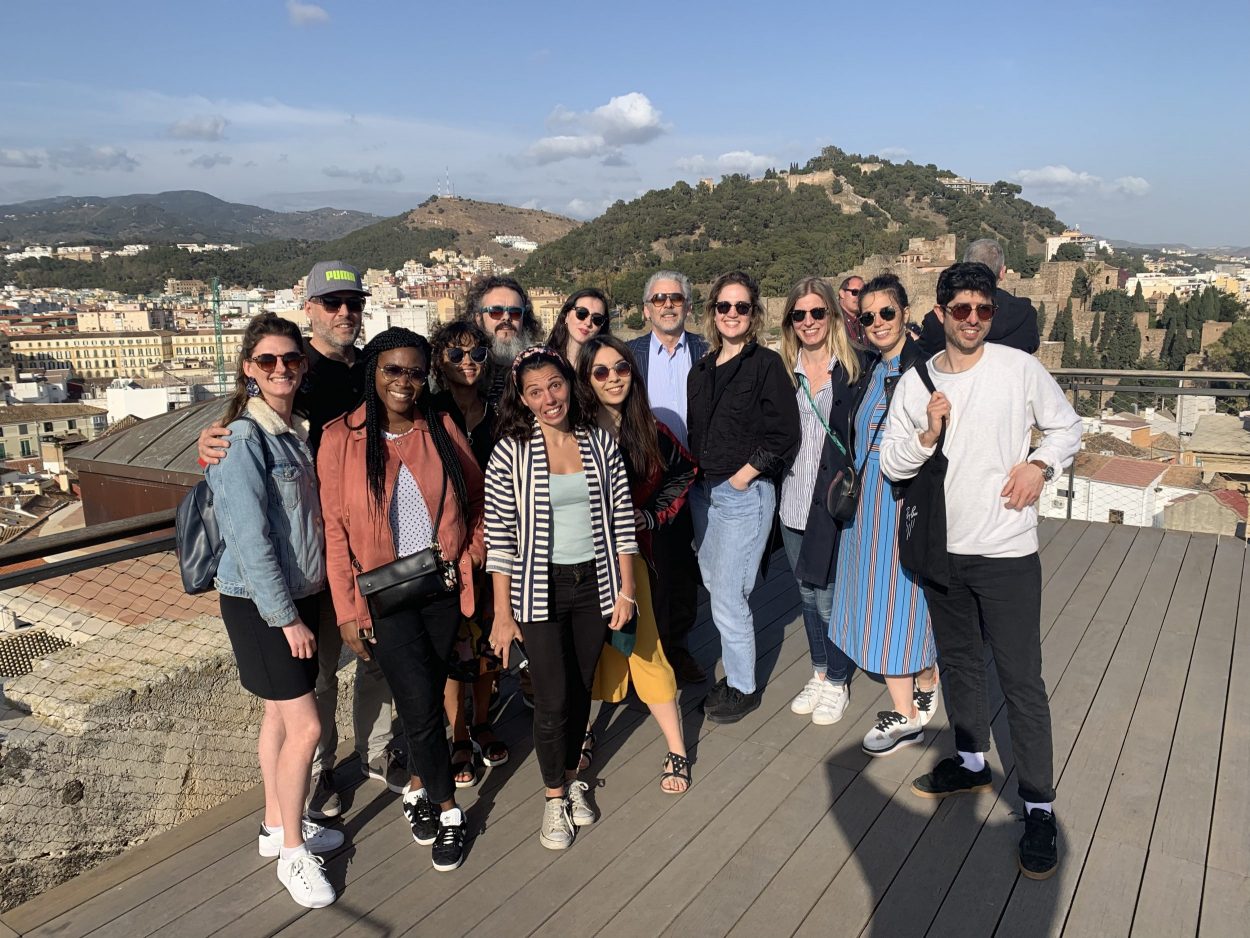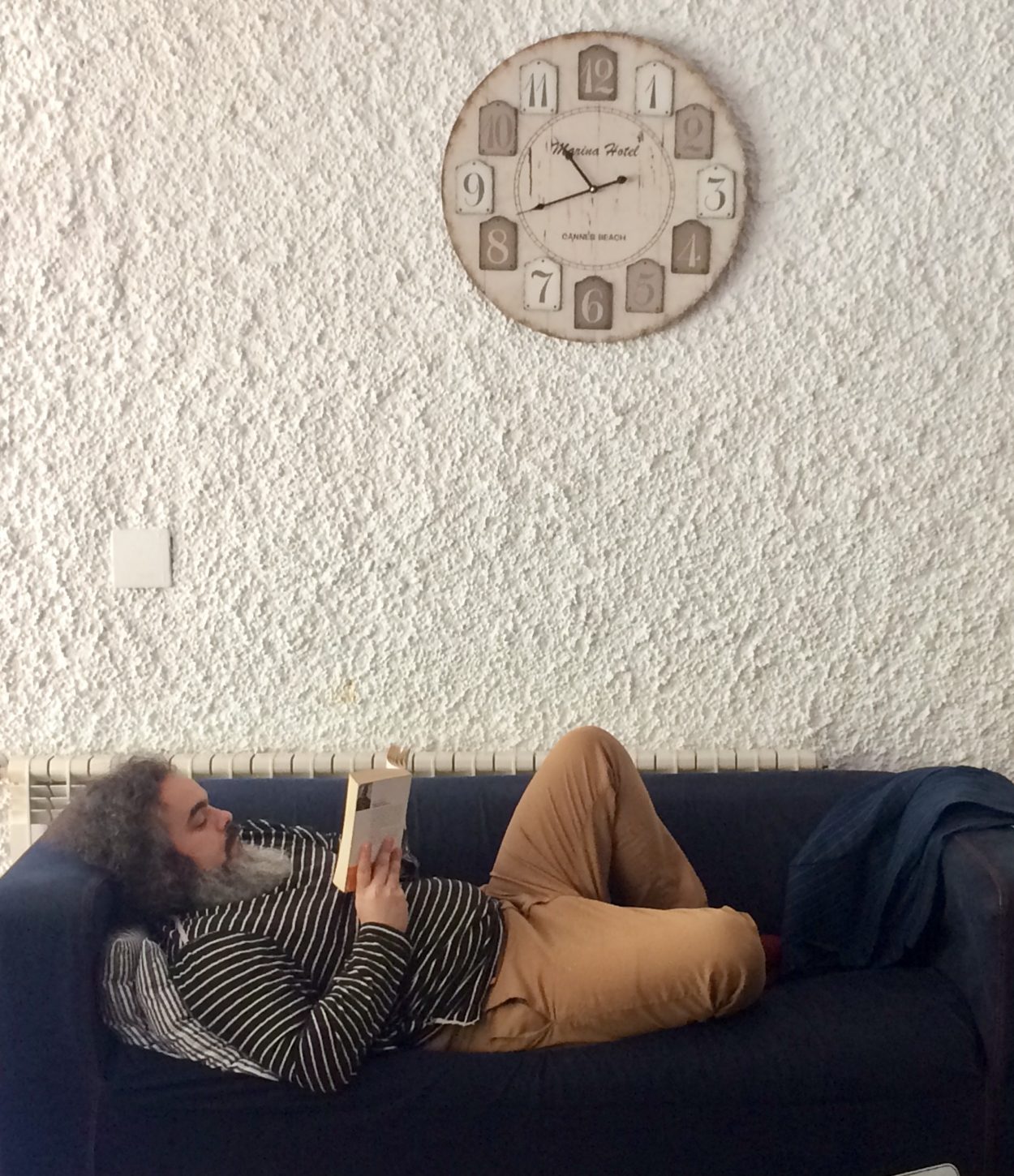Investing in Wellbeing16.04.19
Beyond profit margins and bottom lines, many businesses are finally realising that investing in staff wellness and wellbeing helps both attract and retain top talent, as well as creating a culture where staff thrive.
What’s the best way for a business to thrive? The answer might not be what you expect. Millennials and generation Z, in particular, now seek companies that create a culture of physical and mental wellbeing – and that means more than an office fruit basket or day passes to the gym.
ASOS, for example, support their staff by fostering brand values of authenticity, creativity and bravery. Benefits include ‘long service awards’, tailored learning courses, a summer hours scheme, a Friday bar and company discounts. And online retailer Zappos schedules optional wellness adventures for their employees, the likes of a one-hour golf lesson, laser tag, or even trampoline lessons, aiming to get staff moving and away from their desks. Another growing trend in staff care is permitting employees to work on their own terms, with flexible hours and locations.


employees want to understand the strategy and motivation behind the decisions their company is making
Acknowledging that working in the events industry can mean long hours, frenetic days and considerable evening and after-hours work, Timebased introduced alternative working hours in 2016. Under the voluntary scheme, team members can opt to work the hours of a normal 10-day fortnight condensed into 9 days, enjoying every other Friday off. The result is that everybody in the business gets an extra 25 days holiday each year. It’s allowed the team to get out to galleries, museums and other events to get creative inspiration – or just to take a day off. Policies like this show our team members that they are valued.
How Internal Events Can Help Engagement
Research shows that employees want to understand the strategy and motivation behind the decisions their company is making. There’s a great deal more transparency today about working cultures and the particular practices of an employers and its employees. With social media and companies like Glassdoor providing key insights to potential hires before they’ve even begun, employees are interested in what a business stands for, not just what the role itself entails.
We’ve seen a shift towards internal events that use formats more commonly seen at festivals, allowing employees to choose what content they consume based on what they think will make them more effective at work. This level of empowerment, with the increased accountability that comes with it, proves a powerful motivator to employees, who increasingly value company culture as much as they value their monthly pay packet.
Embedding perks and investing in staff wellbeing is a preventative and holistic way of looking at building a business
Top Trends for Staff Wellbeing
Knowledge is power. A growing trend for supporting staff wellbeing and staff engagement within roles is to offer personal and professional development inside the workplace. Google offers a Googlers-to-Googlers education programme, whereby staff members can host classes and in-office workshops on subjects ranging from public speaking to kickboxing to parenting advice. PwC created a series of bespoke wellness workshops for staff, providing their teams with practical tools to maintain energy levels and build resilience; this was designed after PwC noted a strong correlation between wellness and commercial success.
At Timebased, we offer creative sabbaticals of six months to employees who have been with the company for at least three years, supporting staff in their quest for knowledge and enhanced experiences. Equally, employees want to feel part of a community at work. Embedding perks and investing in staff wellbeing is a preventative and holistic way of looking at building a business. We take our team on a trip every year, a tradition that began after winning two large jobs during the London 2012 Olympics. Together we’ve seen the resplendent Northern Lights, eaten tagines in Morocco, hit the slopes in France and Switzerland, and opted for a slice of winter in Iceland.
There is no single formula for a ‘correct’ company culture – every business is different after all – but you will need to understand and maintain a strong set of values to remain competitive and relevant. The most productive teams truly are those that are engaged, valued and connected to their jobs and colleagues.
Link copied